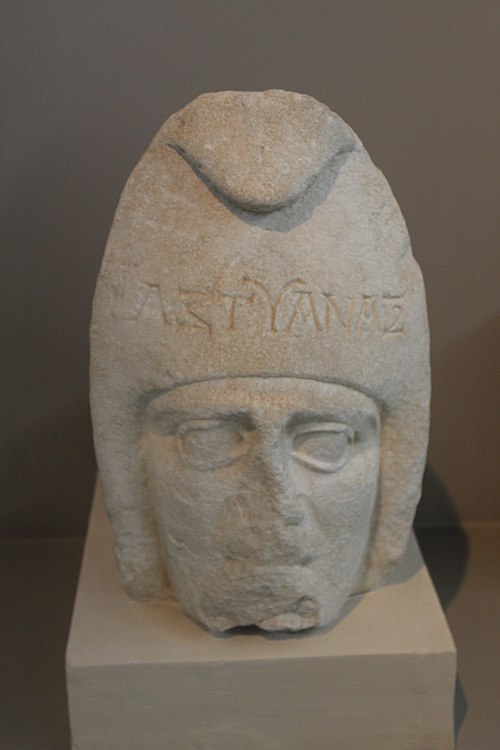Mimenoun
A form of acting without words; pantomime
Mimenoun
A pantomime actor
Mimenoun
A classical theatrical entertainment in the form of farce
Mimenoun
A performer of such a farce
Mimenoun
A person who mimics others in a comical manner
Mimeverb
To mimic.
Mimeverb
To act without words.
Mimeverb
To represent an action or object through gesture, without the use of sound.
Mimenoun
A kind of drama in which real persons and events were generally represented in a ridiculous manner; an ancient Greek or Roman form of farce.
Mimenoun
An actor in such representations.
Mimenoun
The art of representing actions, events, situations, or stories solely by gestures and body movements, without speaking; pantomime{3}.
Mimenoun
An actor who performs or specializes in mime{3}; an actor who communicates entirely by gesture and facial expression; a pantomime{2}; a pantomimist; a mimer.
Mimenoun
A mimic.
Mimeverb
To mimic.
Mimenoun
an actor who communicates entirely by gesture and facial expression
Mimenoun
a performance using gestures and body movements without words
Mimeverb
imitate (a person, a manner, etc.), especially for satirical effect;
Mimeverb
act out without words but with gestures and bodily movements only;
Pantomimenoun
A Classical comic actor, especially one who works mainly through gesture and mime.
Pantomimenoun
(historical) The drama in ancient Greece and Rome featuring such performers; or (later) any of various kinds of performance modelled on such work.
Pantomimenoun
(UK) A traditional theatrical entertainment, originally based on the commedia dell'arte, but later aimed mostly at children and involving physical comedy, topical jokes, call and response, and fairy-tale plots.
Pantomimenoun
Gesturing without speaking; dumb-show, mime.
Pantomimeverb
(transitive) To make (a gesture) without speaking.
Pantomimeverb
(transitive) To entertain others by silent gestures or actions. en
Pantomimenoun
A universal mimic; an actor who assumes many parts; also, any actor.
Pantomimenoun
One who acts his part by gesticulation or dumb show only, without speaking; a pantomimist; a mime.
Pantomimenoun
A dramatic representation by actors who use only dumb show; a depiction of an event, narrative, or situation using only gestures and bodily movements, without speaking; hence, dumb show, generally.
Pantomimenoun
A dramatic and spectacular entertainment of which dumb acting as well as burlesque dialogue, music, and dancing by Clown, Harlequin, etc., are features.
Pantomimeadjective
Representing only in mute actions; pantomimic; as, a pantomime dance.
Pantomimenoun
a performance using gestures and body movements without words
Pantomimeverb
act out without words but with gestures and bodily movements only;
Pantomimenoun
a theatrical entertainment, mainly for children, which involves music, topical jokes, and slapstick comedy and is based on a fairy tale or nursery story, usually produced around Christmas
Pantomimenoun
a dramatic entertainment, originating in Roman mime, in which performers express meaning through gestures accompanied by music.
Pantomimenoun
an absurdly exaggerated piece of behaviour
Pantomimenoun
an absurd or confused situation
Pantomimeverb
express or represent by exaggerated mime
Pantomime
Pantomime (; informally panto) is a type of musical comedy stage production designed for family entertainment. It was developed in England and is performed throughout the United Kingdom, Ireland and (to a lesser extent) in other English-speaking countries, especially during the Christmas and New Year season.













